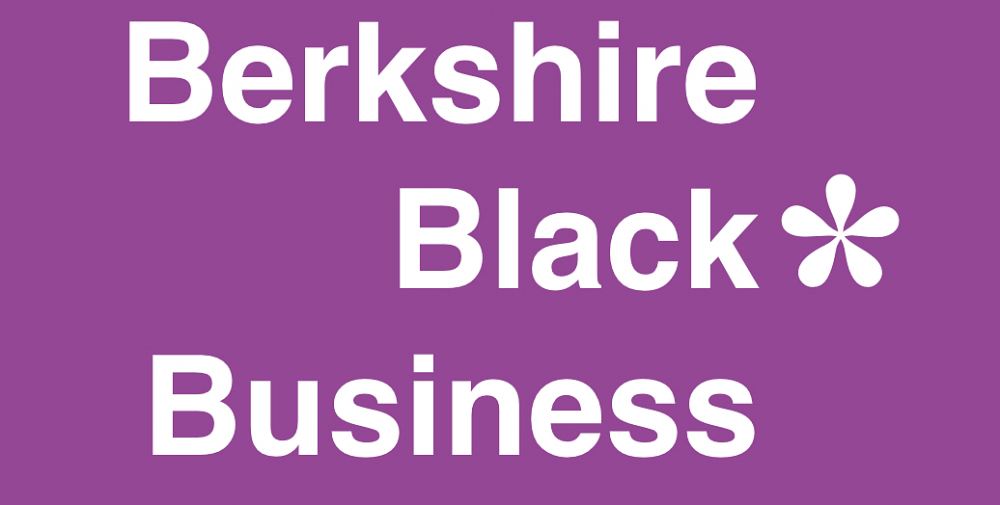We’ve spent weeks under lockdown, separated from family and friends, concerned about our health, navigating how we can get our needs met whilst trying to keep a roof over our heads. Even if no one died in your family or got sick we’ve been exposed to images of dying people, overworked health care workers, isolated sick people and a rising dead count. It’s been a lot. If like me you’re a Black (or BAME) person you’ve also had to deal with the fact that we are overrepresented in the sick and the dying. The reasons are complex, and the research is not fully transparent at this time.
As the lockdown began to ease African Americans left their homes to find a higher percentage of them are represented in the ill, the dying, the unemployed, the incarcerated and more. Making matters worse 3 African Americans – Breonna Taylor, Ahmaud Arbery and George Floyd -were killed in plain sight and those responsible were not being held to account and have not as yet been punished. It seems like while everyone else gets justice if they’ve been a victim of a crime, black lives do not matter hence the chant that it does. Black Lives Matter.
The third of these, the killing of George Floyd at the knee of a police officer, has sparked protests across the world. It’s as if we finally have a space to talk about years of injustice – historical and present day. It’s a time when we can dare to hope that humanity can work together to bring about a more just world so that everyone has access to the good life.
But for many this is also traumatic; reawakening old wounds; personal experiences of overt and covert racism over a lifetime. Like any trauma or grief there are many stages to enter. As a country we’ve either been in denial or depression around race equality. Anger and sadness are here now. But this is not only about a death, it is about societal structures and individual leaders who can be held to a higher and more just standard. This can only be done with the support of the majority and there seems to be some willingness to make changes – alongside shock of how it is for some.
Perhaps we can be patient with each other as we try to find the words to explain our different knowledge and experiences. We mostly see the world through our life story, and it takes some humility and mental flexibility to be open to another viewpoint. History has many sides and we need to talk about these more and how they still impact the country we live in.
Many people – white and Black – have been sharing resources of books, films and podcasts. This means that people can educate themselves and not constantly ask victims to evidence their negative experiences so it can be assessed as real. It gives an opportunity to walk in someone else’s shoes for a while.
I continue to live in hope and believe we can make it better for all. For society to thrive everyone needs to have a stake in it, it is dangerous if some people get so little that they have nothing to lose. Even if we can’t fix a problem, we can acknowledge that it exists. We say, “it’s good to talk” and so it is. Silence supports no one. Secret suffering is not good for our mental health. What’s the smallest action you can take to make your environment just and fair? You’ll benefit too.
Suggested books: Amazon link
U.K.
- Girl Woman Other by Bernadine Evaristo (2019 Booker prize winner)
- Brit(ish): On Race, Identity and Belonging by Afua Hirsch
- Natives: Race and Class in the Ruins of Empire by Akala (Sunday Times Bestseller)
- Why I’m no longer talking to white people about race by Reni Eddo-Lodge (Sunday Times Bestseller)
- Diversify by June Sarpong
- Black Tudors: The Untold Story by Miranda Kaufman
- Black British: A Forgotten History by David Olusogo
U.S.A.
- How To Be An Antiracist by IbramX Kendi
- So you want to talk about race by Ijeoma Olu
- Me and White Supremacy by LayLa F Saad
Movies & T.V (Nexflix)
- When they see us
- 13th
- The Hate u give
- Dear White People
